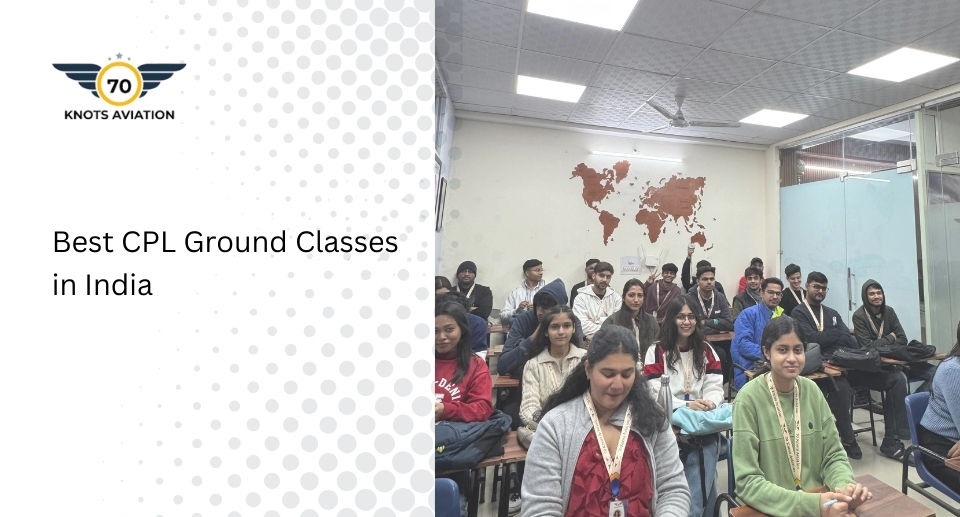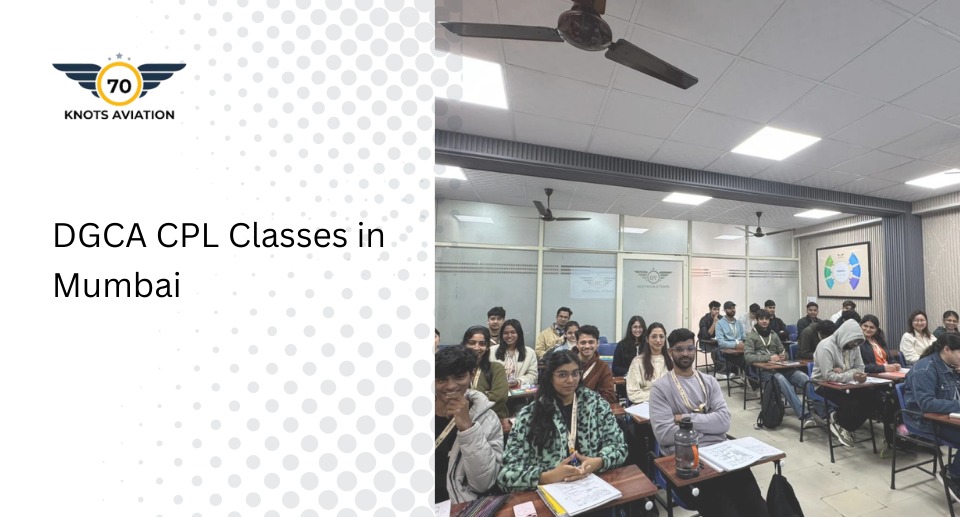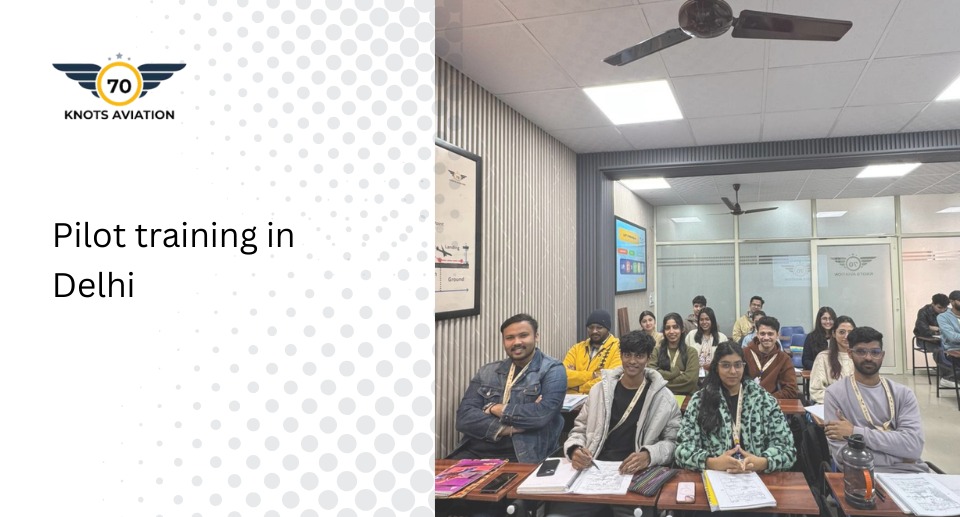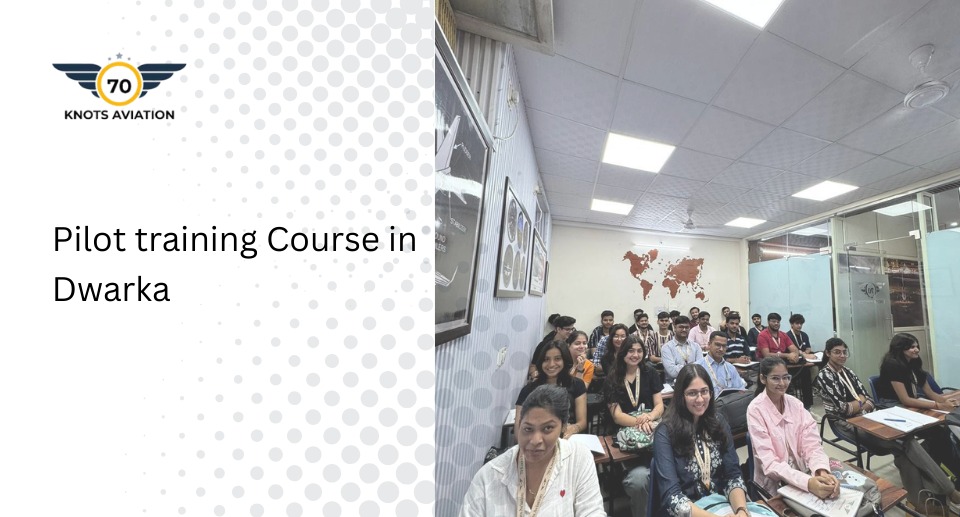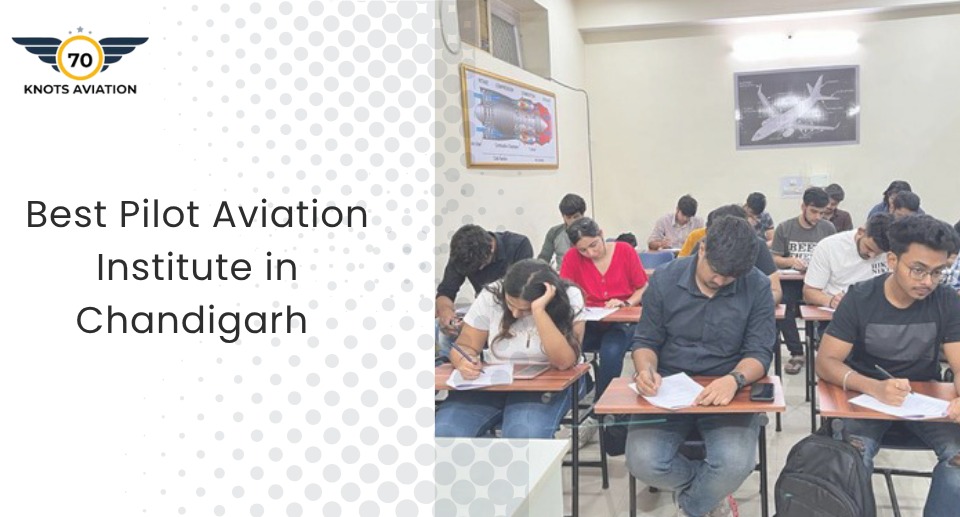Best DGCA CPL Course in Lucknow – Your Way to a Pilot Job
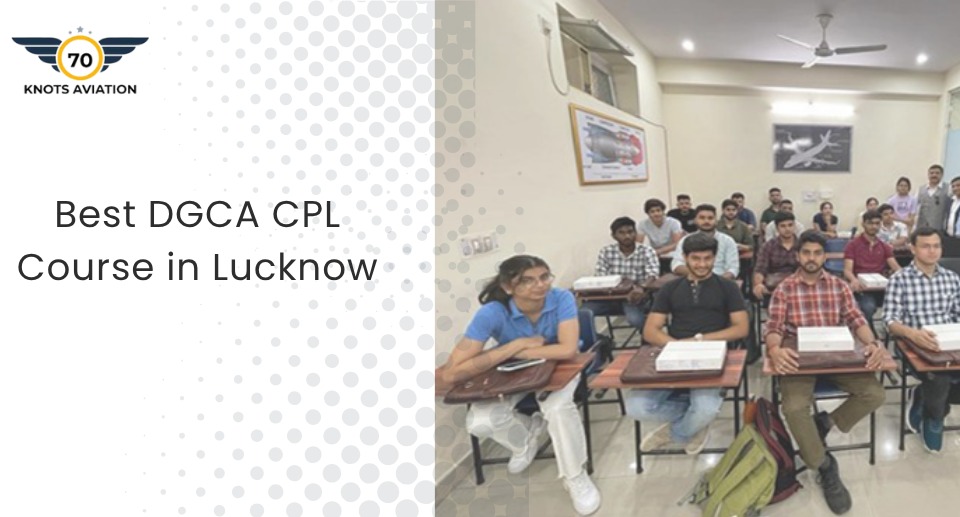
Why Choose Lucknow for DGCA CPL Training?
DGCA CPL Course in Lucknow seems to be turning into a hub for learning to fly. The city has a decent airport – Chaudhary Charan Singh International – which lets students switch from classroom talks to real‑world take‑offs quickly. Living costs here are lower, so rent and food won’t eat up all your savings. That could mean more money for flight hours, maybe. The trains and buses also connect Lucknow to other big aviation sites in the north. Because of that, getting to extra flying practice spots is not a headache.
Growing Aviation Opportunities
India’s airline scene is booming. New low‑cost carriers and the government’s UDAN plan are opening routes like never before. DGCA papers say the country will need about ten‑thousand new pilots by 2030. That may mean good job chances for anyone with a CPL right now. Getting the license today feels like a smart move, if you want to ride that hiring wave.
Cost‑Effective Training
Big cities such as Delhi or Mumbai have famous flight schools, but tuition and rent there can break a budget. Lucknow, on the other hand, appears to give the same lessons for 15‑20 % less money. Hostel rooms cost less, meals are cheaper, and the fees listed on the schools’ sites are lower too. That doesn’t automatically mean the training is worse – it could just be a better use of resources. Some students still wonder if cheaper can ever match the polish of a metro school, though.
70 Knots Aviation: The Best DGCA CPL Course in Lucknow
In that affordable environment, 70 Knots Aviation stands out. It has a solid reputation because of its mix of curriculum, teachers, equipment and job help.
DGCA‑Compliant Course Curriculum
The program follows DGCA rules to the letter. Ground lessons cover Air Navigation, Weather, Rules and Aircraft Systems. Classes are not just lectures; teachers often ask you to work out real‑world problems. You also get many hours in the simulator, where emergency drills feel almost real. Flight training uses well‑kept Cessna 152/172 planes, giving the 200‑hour flight time that DGCA require. The last part of the course even has a short module on interview skills – that part many schools ignore, but probably helps a lot.
Experienced Instructors
Instructors include former airline captains and senior flight teachers. Most of them have at least ten years flying commercially. Their stories bring the textbooks to life, and many say that this explains why class pass rates are high. Some students feel that the mentors push them too hard, but that pressure can make a pilot ready for real jobs.
World‑Class Infrastructure
The campus holds modern simulators with glass‑cockpit screens. Classrooms have big screens and interactive tools, so you don’t just stare at a blackboard. The aircraft fleet is kept in good shape; mechanics check each plane before a lesson. Because the school sits near the airport, students can do runway practice, night flights and cross‑country trips without travelling far. A few critics note that the runway lights at the airport are older, but night drills are still possible.
Student Support and Placement Assistance
Beyond teaching, the school helps with paperwork, medical exams and even visa stuff for overseas programmes. The placement cell brings in recruiters from IndiGo, Air India and SpiceJet on a regular basis. Alumni often refer friends to open seats, making the job hunt smoother. Some say the placement promises sound a bit too hopeful, yet the numbers of graduates hired each year look solid.
Admission Process at 70 Knots Aviation
Eligibility Criteria
You need to meet a few basics:
- Age: At least 17 when you start.
- Education: Finished 10+2 with Physics and Maths.
- Medical: Have a DGCA Class 2 health check (Class 1 if you aim for airline‑pilot tracks).
Application Steps
- Online Form: Fill the form on https://70knotsaviation.com/.
- Upload Docs: Send your marks sheets, Physics‑Math proof and medical certificate.
- Counselling: A phone or face‑to‑face chat to see if you’re a fit, answer doubts.
- Confirm Admission: Get the letter, then begin ground school.
Student Testimonials
Success Stories
Rohit Sharma, now a First Officer at Spice Jet, says the hands‑on flight time and realistic simulator work helped him clear airline tests fast. Ananya Verma, flying for IndiGo, praises the personal interview coaching and strong placement links. Their stories sound encouraging, though a few classmates mention that getting the right schedule for night flying was sometimes a scramble.
Frequently Asked Questions (FAQ)
- What is DGCA and why is its approval important?
DGCA is India’s civil‑aviation regulator. Its approval means the school follows all safety and skill standards, so airlines trust the licence. - How long does the CPL course take?
Usually 18‑24 months, depending on weather and how quickly you collect the 200 flight hours. - What are the costs involved?
Tuition, aircraft use and simulators run about INR 8‑9 lakhs total. Add hostel, food and travel and you’re looking at roughly INR 2‑3 lakhs extra – still less than Delhi’s same package. - Can non‑Indian citizens enroll?
Yes, if they meet age, study and medical rules and get the proper student visa.
Summary
In short, becoming a commercial pilot needs a place that mixes solid lessons, real flight time, good teachers and real‑world job help. 70 Knots Aviation seems to hit those points inside Lucknow, a city that keeps costs low and connections easy. The DGCA‑approved syllabus, skilled staff, modern equipment and active placement service together make a strong route to getting a CPL and landing a pilot job. If you’re thinking about flying, maybe give this option a look and start the application soon – the sky might be waiting.

